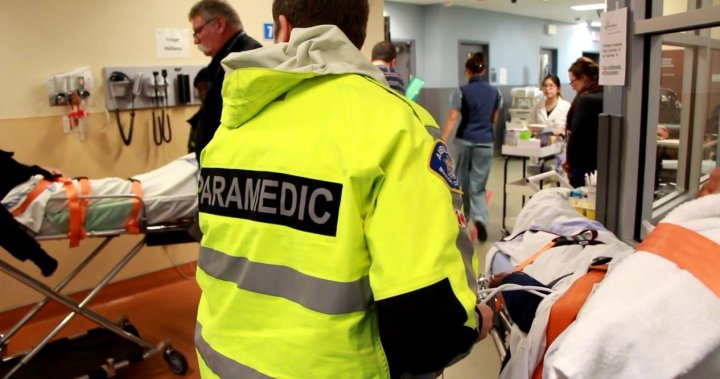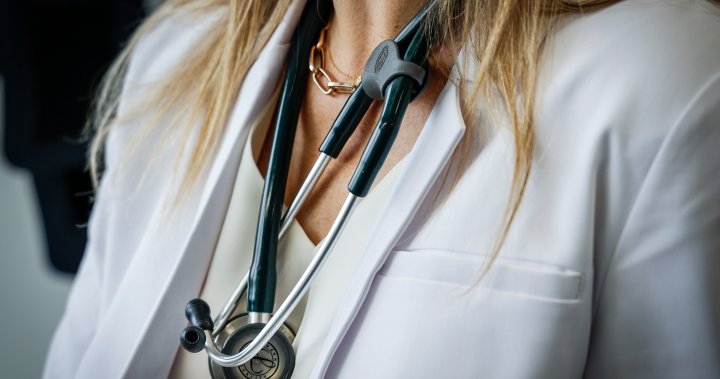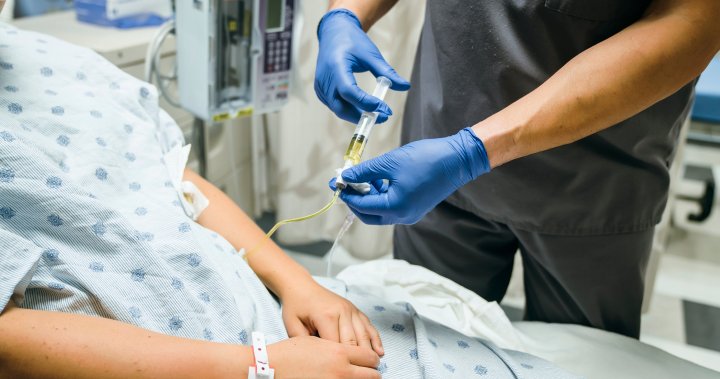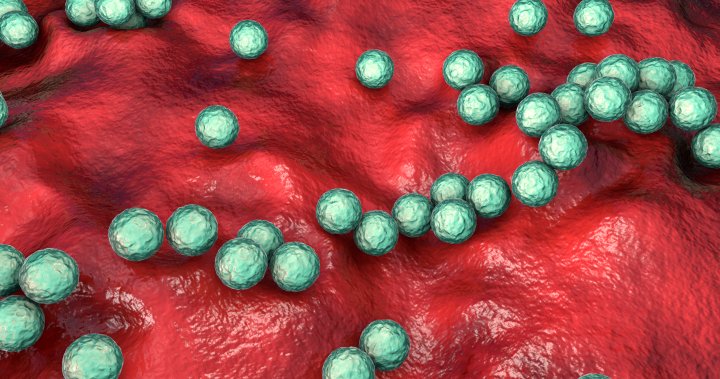The B.C. government says it will ban drug use in all public spaces, including parks and hospitals, as part of a major overhaul of its drug decriminalization pilot project.
The move comes amid a raging debate over the province’s approach to the ongoing deadly toxic drug crisis, including decriminalization and “safe supply.”
Premier David Eby said Friday that the province had made a formal request to Health Canada for changes to its exemption under the Controlled Drugs and Substances Act, which the three-year decriminalization pilot project operates under.
“Addiction is a health issue, it is not a criminal law issue, and that principle is what the entire decriminalization project was about, it was about removing the stigma for people struggling with addiction, preventing them potentially from reaching out to others to ask for help … for fear of arrest, for fear of a criminal record,” Eby said.
“But that compassion, that concern for people who are struggling does not mean that anything goes. We still have expectations around safety, public spaces, in the coffee shop, on the bus, in the park, on the beach.”
The latest health and medical news
emailed to you every Sunday.
Under the changes, police will be able to take action against anyone using illicit drugs in public places ranging from transit to restaurants to beaches.
Law enforcement will be able to compel a person using drugs to leave the area, to seize their drugs “when necessary” or to arrest them if required.
The province says police will be given guidance only to arrest people for simple possession of drugs in “exceptional circumstances.”
Possession of up to 2.5 grams of a variety of drugs — including heroin, cocaine and methamphetamine — will remain decriminalized in private residences, places where people are legally sheltering plus overdose prevention and drug-checking sites.
“Addiction is a health-care issue, not a criminal one, and we’re going to keep doing everything we can to save lives and connect people to treatment,” added Mental Health and Addictions Minister Jennifer Whiteside.
The province says it is also “working with experts” on new ways to track “safe supply” drugs to identify and prevent diversion to illegal markets.
The province has faced growing scrutiny over its decriminalization program, in part due to concerns raised about drug use and related crime in B.C. hospitals.
Under the changes announced Friday, possession or use of street drugs will be prohibited in all hospitals, outside of designated medically-supervised addiction treatment areas.
“We will not tolerate the safety of health professionals or patients in hour hospitals being compromised,” Eby said.
Under the new policy, hospital staff will ask patients at admission if they have substance-use issues. If so, they will get medical oversight and addiction care while receiving treatment.
“The action plan launching today will improve how patients with addictions are supported while they need hospital care while preventing others from being exposed to the secondhand effects of illicit drug use,” Health Minister Adrian Dix said.
The NDP government says it will also expand access to the availability of opioid-agonist treatments such as methadone and suboxone.
More to come…
© 2024 Global News, a division of Corus Entertainment Inc.




